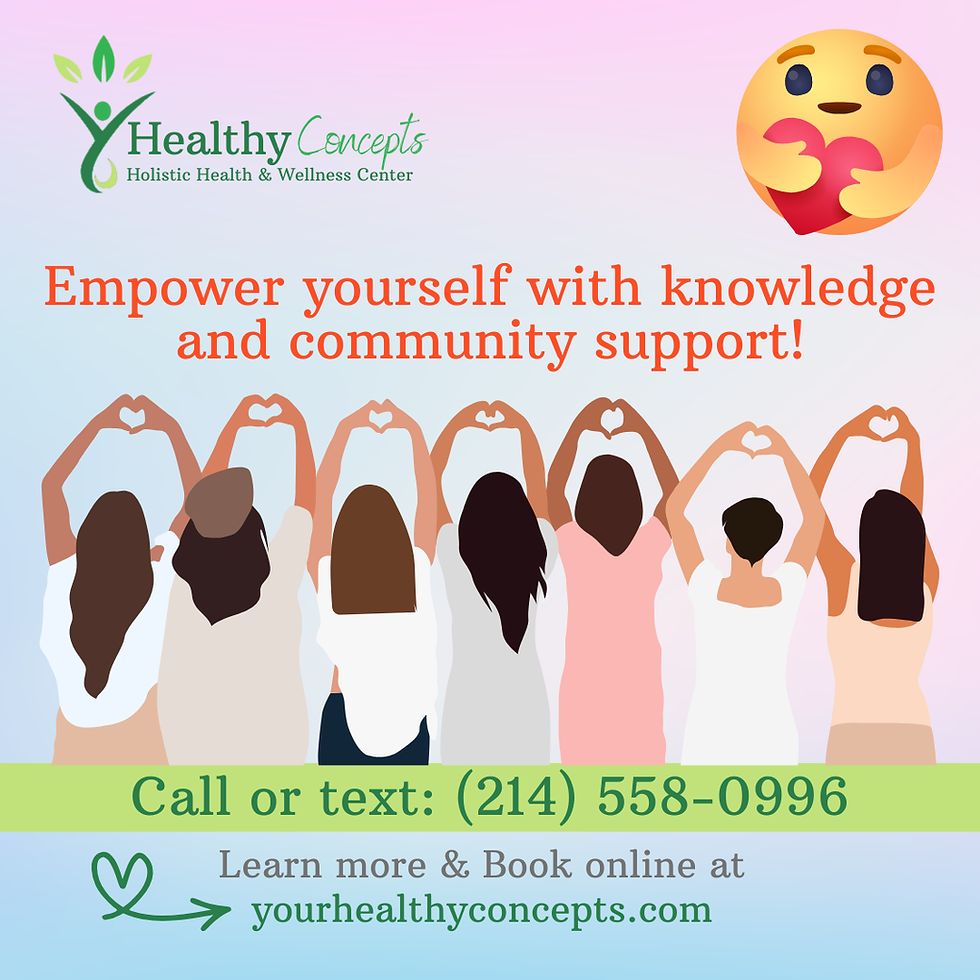Coffee and Caffeine Health Benefits and Risks
- Cami Grasher

- Jul 28, 2025
- 2 min read
As summer iced coffees turn into seasonal fall lattes, it can be easy to reach for an extra cup of coffee throughout the day for a jolt of energy, a mood boost or a sugary afternoon treat.

Along with a temporary pick-me-up, research has continued to show the longer-term health effects of coffee include a decreased risk of cancer, heart failure, Type 2 diabetes and even death. But there are a few caveats: Studies have also shown that high coffee consumption is linked to increased risk of dementia and stroke, as well as a higher risk of death from cardiovascular disease among coffee drinkers with hypertension.
So where’s the line between reaping the benefits of a morning cup of coffee and taking it too far? It’s not about the coffee at this point, it’s about the overall caffeine intake and individual health of the consumer. Although coffee is safe and healthy, people with pre-existing health conditions may feel more of its negative side effects.
How much coffee is bad for you?
The Food and Drug Administration recommends people cap their daily caffeine intake at 400 milligrams, or about four or five 8-ounce cups of coffee. Most people are unlikely to experience serious side effects of caffeine — like erratic heartbeat, vomiting, seizures, diarrhea and even death — unless they consume 1,200 milligrams, or about 12 cups, in a day, according to the FDA.
But even consuming 400 milligrams of caffeine daily can sometimes come with undesirable side effects, including jitteriness, anxiety and trouble sleeping.
While some people can easily down four to five cups a day, she said, others may just have lower caffeine tolerances and be more susceptible to the side effects.
For pregnant or breastfeeding people, no more than 200 milligrams are recommended, or about two cups of coffee a day, because the caffeine can pass on to the infant through breast milk. Research has shown that caffeine consumption during pregnancy can lead to lower birth weights among newborns. However, a 2021 study found that pregnant people who consumed moderate amounts of caffeine were at lower risk for gestational diabetes than people who didn’t consume caffeine.
But be careful your coffee doesn't turn into a dessert. A daily cup of coffee might also be riskier for people with cardiovascular disease or diabetes if they add sugar or cream. Unfortunately, elaborate caffeinated beverages from coffee shops sometimes contain up to 50 grams of sugar — which is how much added sugar the FDA recommends for the entire day for people eating 2,000 calories a day.




Comments